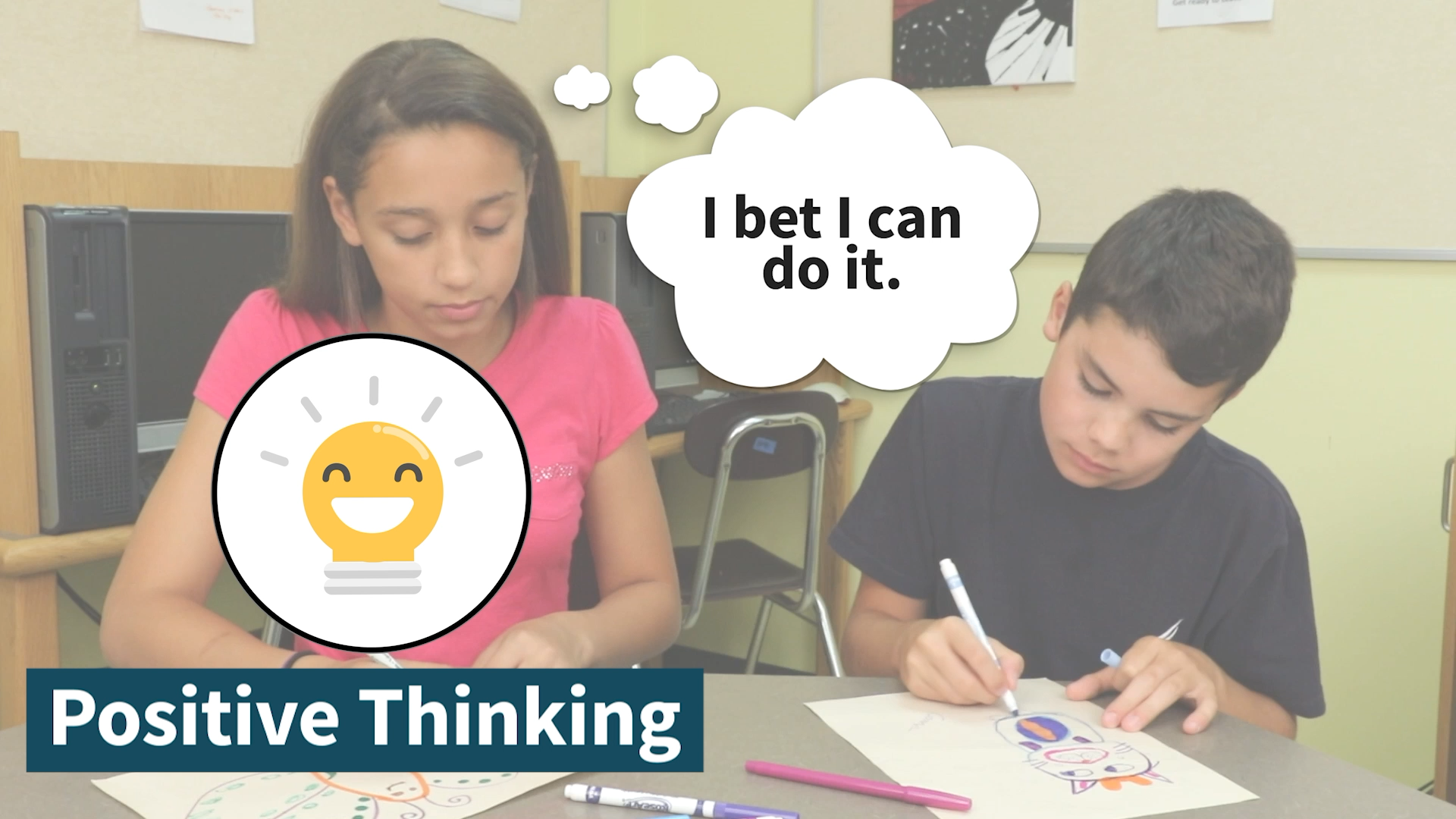
Introduction
As educators, we often witness students facing challenges that make them feel frustrated and want to give up. It is essential to teach them the importance of perseverance and positive thinking to overcome these obstacles. By fostering a growth mindset, students can learn to approach challenges with a positive attitude and develop effective strategies to tackle them. This blog post will introduce an easy, no-prep activity that encourages students to embrace positive thinking and keep trying even when things get tough.
No-Prep Activity: The Power of Positive Words
This activity requires no preparation or materials from the educator and helps students understand the impact of positive thinking on their ability to face challenges. Follow these simple steps:
- Ask students to close their eyes and think of a time when they felt frustrated or wanted to give up.
- Encourage them to identify the negative thoughts they had during that moment.
- Now, ask students to replace those negative thoughts with positive affirmations, such as “I can do this,” “I can keep trying,” or “It will be okay.”
- Have students share their experiences and discuss how changing their thoughts made them feel more empowered to face their challenges.
This activity helps students realize the power of positive thinking in overcoming obstacles and encourages them to develop a growth mindset.
Discussion Questions
Use these questions to stimulate further discussion among students:
- How did changing your thoughts from negative to positive affect your feelings and actions?
- Can you think of a time when someone else’s positive attitude helped you overcome a challenge? How did that make you feel?
- Why is it important to believe in ourselves and our abilities when facing difficulties?
- How can we help others adopt a positive attitude when they are struggling with a task?
- What strategies can we use to remind ourselves to stay positive when facing challenges?
Related Skills
Teaching students the power of positive thinking and perseverance is just one aspect of Social-Emotional Learning. Other relevant skills for students to develop include:
- Problem-solving: Learning to identify and analyze problems and find appropriate solutions.
- Resilience: Building the ability to bounce back from setbacks and adapt to changing circumstances.
- Self-awareness: Understanding one’s emotions, strengths, and areas for growth.
- Empathy: Developing the ability to understand and share the feelings of others.
- Communication: Learning to express thoughts and feelings effectively and respectfully.
Next Steps
Are you interested in exploring more activities and resources that promote Social-Emotional Learning for your students? Sign up for free samples of our skill-based materials to support your students’ growth and development. By incorporating these principles into your teaching, you can help your students develop essential life skills that will empower them to face challenges with confidence and resilience.

